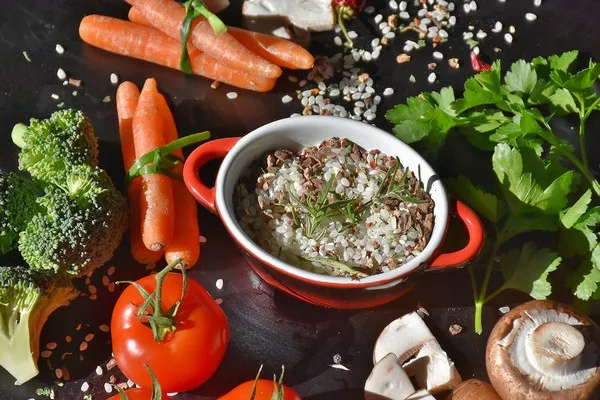Ukraine has taken steps to address the ongoing agricultural trade dispute with its European Union (EU) neighbors, namely Poland, Slovakia, and Hungary, over import restrictions imposed on Ukrainian goods. The Ukrainian government has appealed to these countries for “constructive dialogue” and has approved what it calls a “compromise scenario” to resolve the issue.
The dispute arose when Poland, Slovakia, and Hungary implemented restrictions on imports from Ukraine. This action followed the European Commission’s decision not to extend a ban on sales into Ukraine’s five EU neighbors, which also include Romania and Bulgaria. The governments of Poland, Slovakia, and Hungary stated that these actions were taken to protect their farmers from a surge of grain and food imports from Ukraine, which increased following Ukraine’s invasion by Russia last year.
Ukraine has escalated the matter by filing a formal complaint with the World Trade Organization (WTO), marking the first step in a trade dispute. While the WTO has confirmed receiving Ukraine’s request for consultations, it has not yet named the countries involved, although Ukraine had previously indicated that the complaint targets Poland, Slovakia, and Hungary.
Prime Minister Denys Shmyhal of Ukraine has outlined his country’s stance on the issue, emphasizing that Kyiv would impose retaliatory import restrictions on certain categories of goods from Poland and Hungary if they do not lift their unilateral bans. Ukraine is also conducting an investigation to demonstrate that these unilateral bans are discriminatory.
Shmyhal mentioned that Ukraine had proposed an export control plan to the European Commission and neighboring countries, aimed at regulating four groups of farm products to prevent market distortions. He described this plan as a “compromise scenario” and urged neighboring countries to engage in constructive dialogue to resolve the matter.
President Volodymyr Zelenskiy, attending U.N. meetings in New York, emphasized Ukraine’s role in global stability through its exports. However, Polish President Andrzej Duda pointed out Ukraine’s reliance on its neighbors for transit and assistance.
Ukraine’s Trade Representative, Taras Kachka, emphasized the desire to remove the bans and highlighted ongoing discussions between Ukraine and Poland. He stressed that Ukraine wishes to see both Polish and Ukrainian farmers develop.
As a sign of its commitment to the compromise proposal, the Ukrainian government has approved the introduction of export licenses for specific agricultural products destined for export to its five EU neighbors. These licenses will apply to crops like corn, rapeseed, sunflower seed, and wheat, which are exported to these countries. The procedure stipulates that the economy ministry, in agreement with the agriculture ministry, will license these products.
The agriculture ministry also noted that Ukraine would coordinate the list and volume of products with importing countries before issuing export permits to Ukrainian companies. This move aims to facilitate controlled exports and collaboration with the receiving countries.
The conflict in Ukraine, including Russia’s invasion, has disrupted Ukraine’s ability to export farm products through its ports, leading to increased shipments via road, rail, and barge through its five neighboring countries. The ongoing dispute and the need for a resolution remain crucial in this complex regional context.

